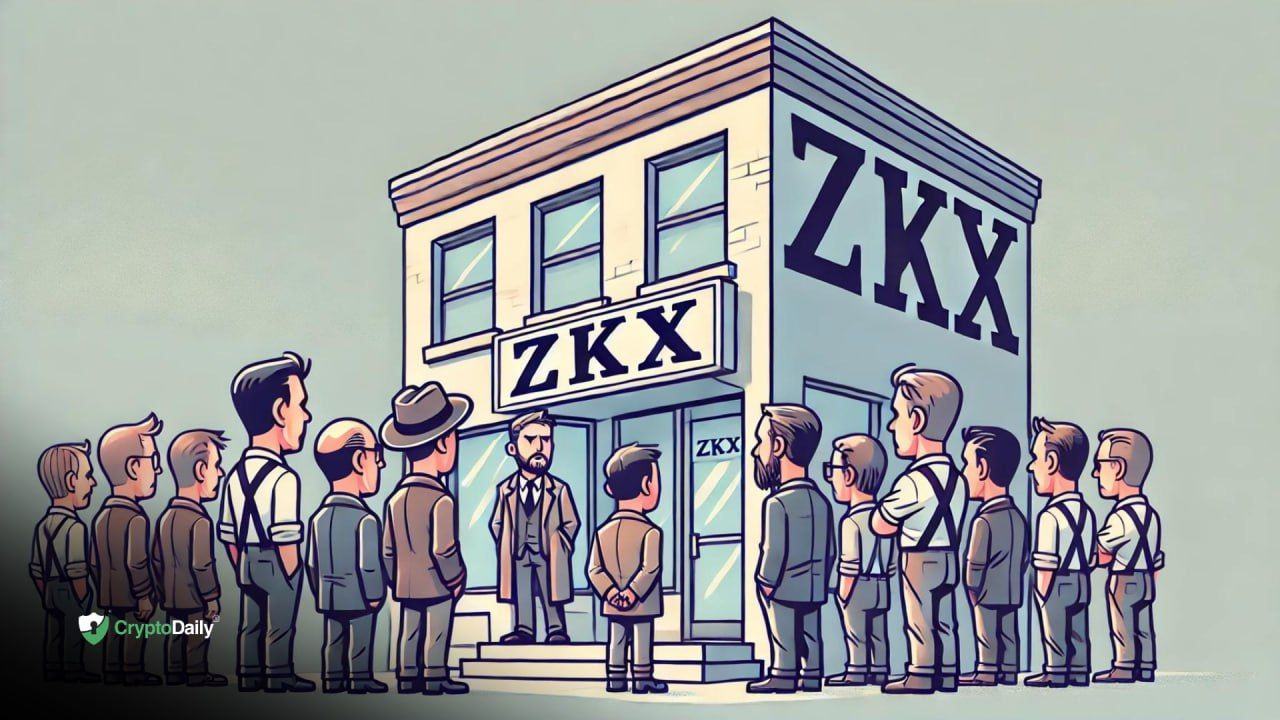Decentralized exchange ZKX abruptly ceased operations citing economic infeasibility, triggering significant backlash from investors over the lack of communication and transparency.
Sudden Closure Announcement
The social derivatives trading platform, based on the Starknet layer-2 network, abruptly ceased operations on July 30, triggering backlash from investors and market makers. The closure was announced without prior warning, leaving stakeholders blindsided.
Eduard Jubany Tur, ZKX's founder, attributed the shutdown to economic infeasibility. In a statement on X.com, Tur expressed regret over the decision, stating,
“With much regret, we have to announce the discontinuation of the ZKX protocol. Despite our best efforts, we have been unable to find an economically viable path for the protocol.”
Tur’s X.com post also revealed that all markets had been delisted, positions closed, and funds returned to users’ trading accounts. Users were instructed to transfer their funds from trading accounts to self-custodial accounts on Starknet, with the option to withdraw via the Starkway bridge back to L1 at any time.
Investor Criticism - Amber Group
Investors, including prominent firms like Amber Group, ArkStream Capital, and HashKey Capital, criticized the lack of communication and transparency surrounding the closure.
Amber Group, a key market maker for ZKX, held 3 million ZKX tokens and supported the platform by purchasing tokens to maintain liquidity. The abrupt shutdown, without any prior notice, negatively impacted investors and the broader market.
Amber Group urged ZKX to “take the necessary actions and accountability to bring more transparency and address the situation constructively.”
Reputation Concerns And Rug-Pull Allegations
HashKey Capital echoed these sentiments, highlighting ZKX's founder's poor handling of the situation. The firm emphasized the importance of accountability for maintaining a founder’s reputation and future opportunities in the industry, stating,
“We hope that founders recognize that a solid reputation is a vital asset in securing future financing. Without accountability, they will struggle to regain trust and opportunities within the industry again.”
Community members, including on-chain investigator ZachXBT, speculated that the sudden termination could be a rug pull, especially since it followed shortly after the project's token generation event (TGE).
Operational Challenges
Tur explained that low user engagement and trading volumes led to insufficient daily revenue to cover operational costs, including cloud server expenses and salaries.
He elaborated,
“We thoroughly evaluated the possibility of expanding cross-chain but realized a significant portion of the entire codebase would have to be rewritten, tested, and re-audited in Solidity, and that would carry a significant cost. Given these challenges and the substantial investment required, we have made the difficult decision to wind down the platform.”
Disclaimer: This article is provided for informational purposes only. It is not offered or intended to be used as legal, tax, investment, financial, or other advice.





